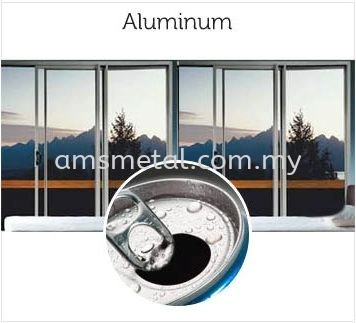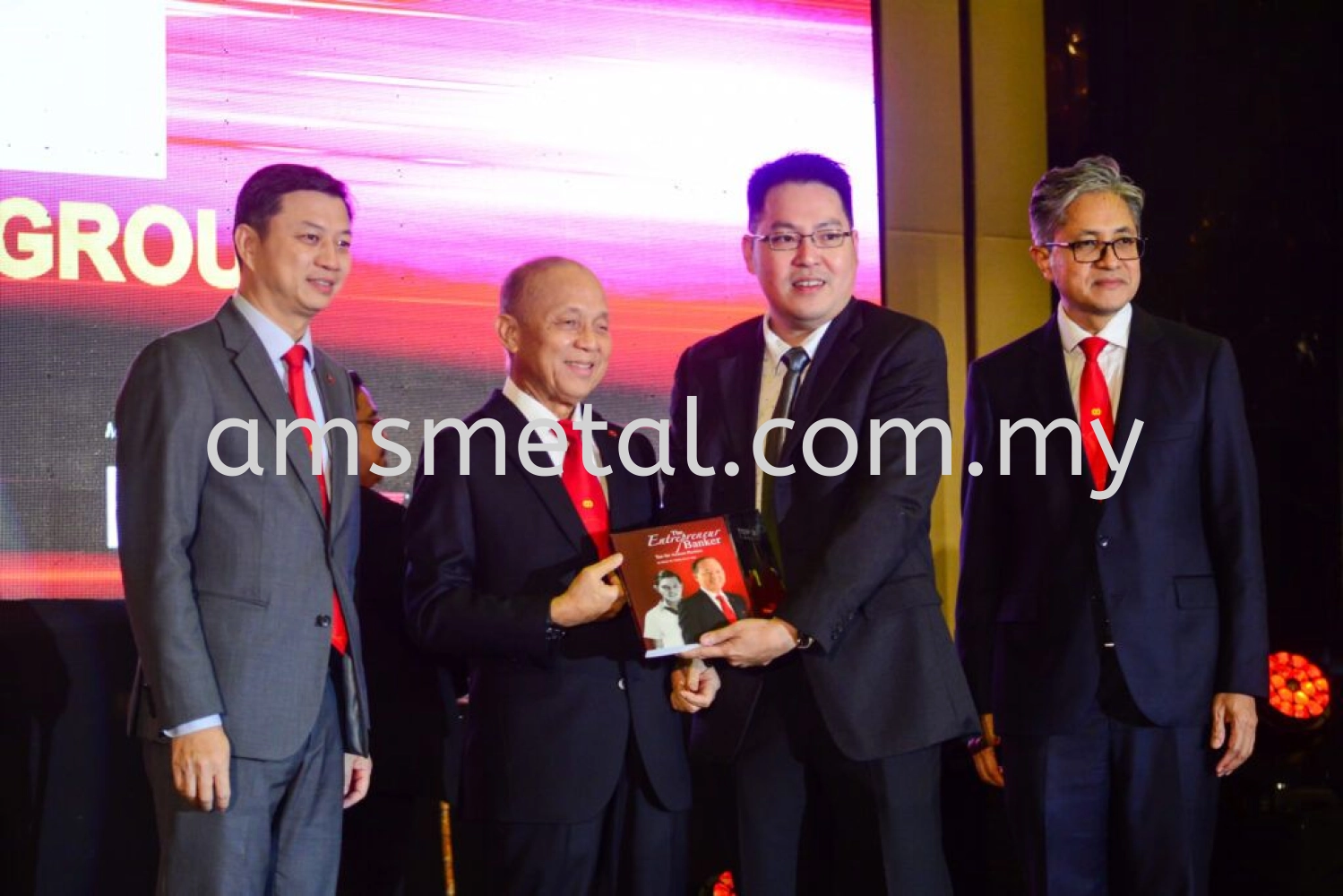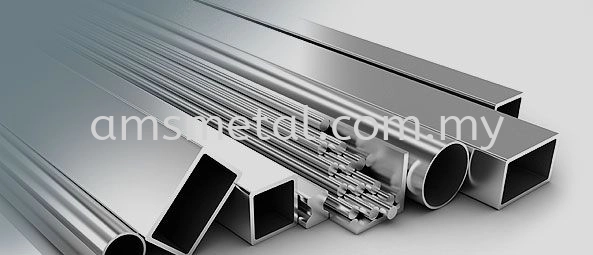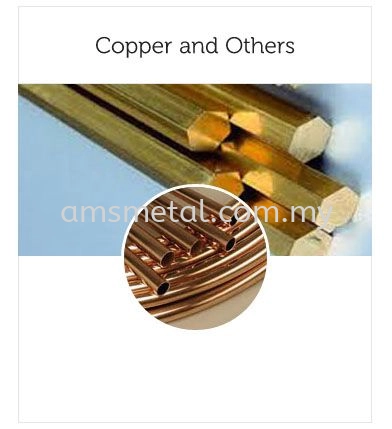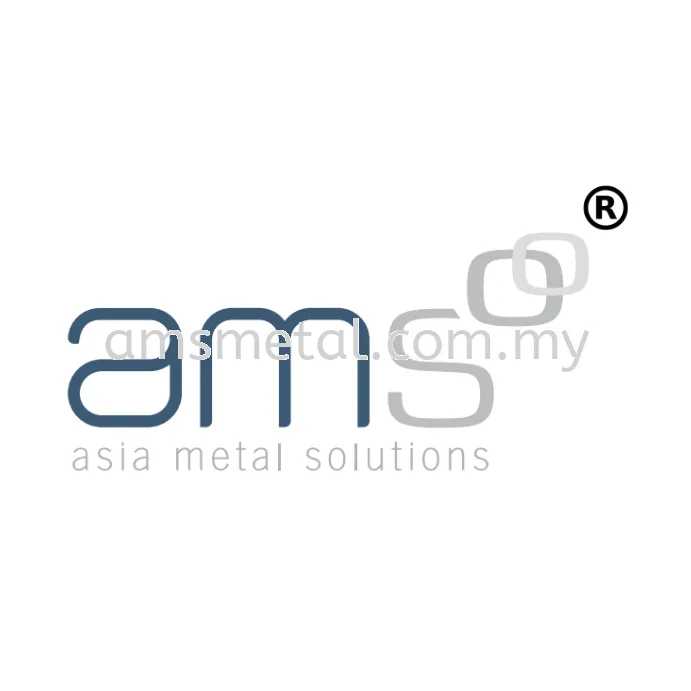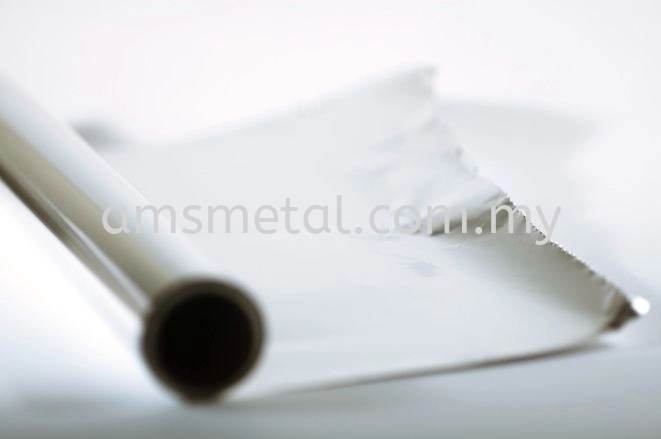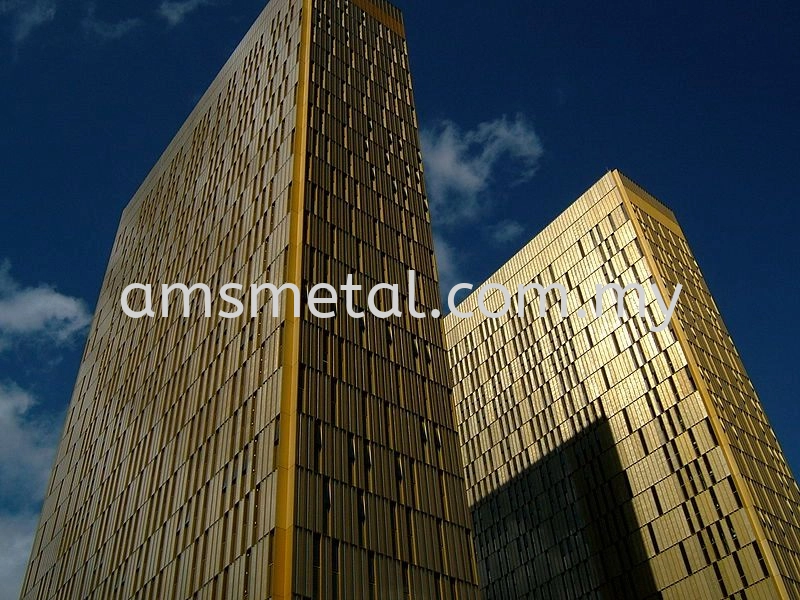6 Advantages of Aluminium AMS Metal Supplier Malaysia
As the most abundant mineral in the earth’s crust, aluminium in chemical, physical and mechanical forms, is a metal just like titanium, zinc steel, brass, copper, or lead.
Aluminium can be melted, cast, formed and machined, just like other metals. However, aluminium has the edge over these metals when it comes to its unique combination of attractive properties. What then makes aluminium the second most extensively used metal in the world, after steel?
1. Light Weight
With a weight of about a third that of steel, aluminium is a very light yet surprisingly durable. This benefit is especially useful in applications involving moving parts aluminium, climbing/access aids as well as in the transport industry. Its lightness is also the reason why aluminium composite panel cladding are so widely used.
2. Recyclable
In addition to being a hundred percent recyclable, aluminium also does not lose its unique properties. Furthermore, the re-melting and recycling process requires only about five percent of the energy required to produce the initial primary metal.
3. Excellent Malleability & Reflectivity
Aluminium has a low melting point and density that allows it to be processed in various ways in a molten condition. Also, it is a good reflector of visible light and heat which makes it an ideal material for reflectors.
4. Highly Corrosion Resistant
The surface of aluminium generates a protective oxide coating when it comes into contact with oxygen from the air. This dense layer of oxide then instantaneously reforms when damaged and subsequently protects the metal underneath against corrosion, thus offering excellent corrosion resistance. This protection can be further enhanced by anodising or other finishing processes.
5. Electrical and Thermal Conductivity
In relation to aluminium’s weight and overall cost, it conducts heat and electricity almost twice as good as copper, which therefore makes it the most commonly used material in major power transmission lines.
6. Many forms of Aluminium Alloy.
Pure aluminium can be combined with other metals to produce an aluminium alloy, which retains many of the desirable properties of the metal (such as those listed above; electrical/thermal conductivity, light weight, corrosion resistance, etc.) while modifying/augmenting those considered undesirable for a particular application (example: better tensile strength, density, ductility, formability, workability, weldability, and corrosion resistance).
We Supply Aluminium Extrusions, Aluminium Composite Metals and Aluminium Foil in Malaysia – Contact AMS Metal at +607-362 7030 / +607- 550 0755
12 Apr 2022

